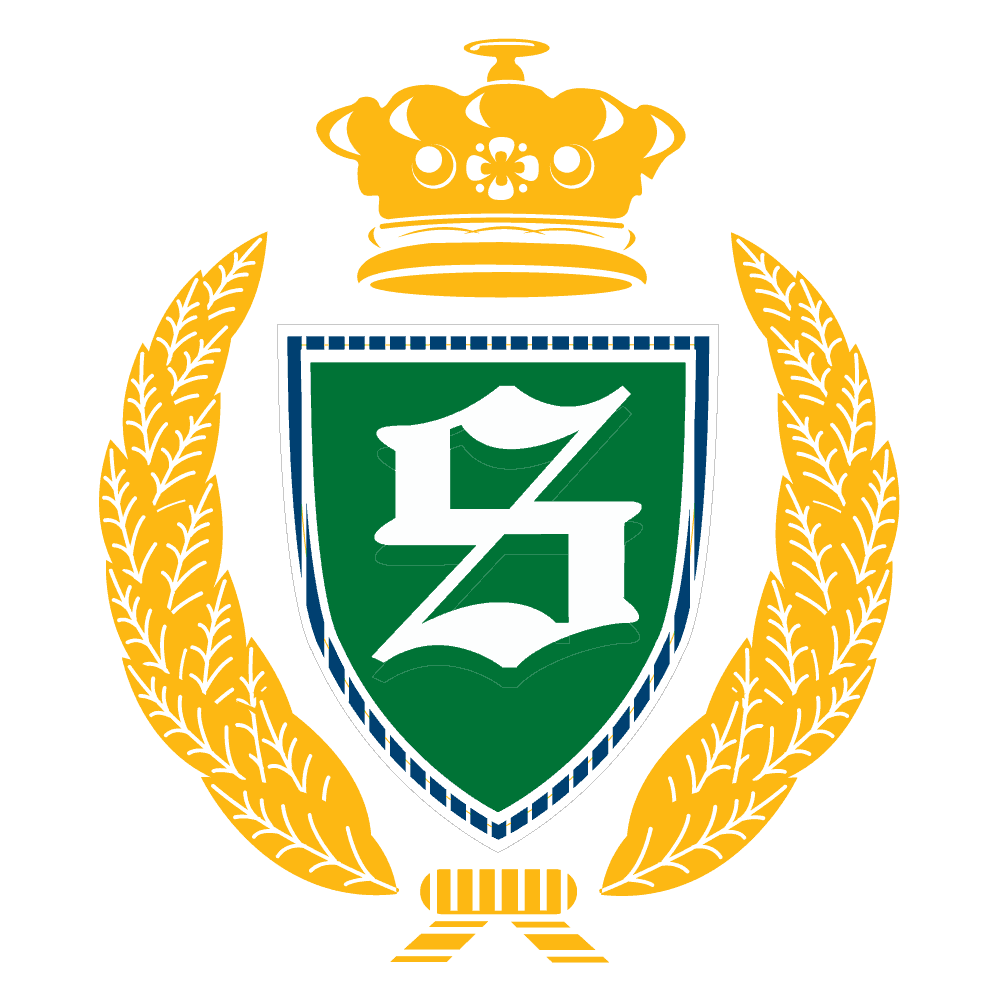Let’s start with defining the term itself. What is “Technical English” as such?
Well, generally there is no predefined term like “Technical English”. There is no commonly accepted definition of Technical English but in broad terms, Technical English can be applied successfully to any sort of English that goes deep into technical parts of a given subject or profession.
The Right Language Tools
Sometimes also referred to as “business English” or “professional English,” technical English can be adapted for use in almost any job situation. Many courses in technical English area target specific careers. Each job has its own unique vocabulary and grammar.
Therefore, technical English differs based on the field you are looking to and this is an important thing to keep in mind if you want to start learning technical English.
For example, engineers may find they need the ability to give detailed instructions or explain a process. On the other hand, scientists may find they need to use sentences with passive voice in order to convey certain information. Each career has unique language challenges, but technical English offers solutions for each business setting. What is crucial is that you need to know why you want to learn technical English and tailor your learning process to your goals accordingly.
Technical English: Examples
Technical English starts where the understanding of an average user stops being enough for the adequate comprehension of text or speech.
The real-life example would probably be when your printer says to you that it needs a new cartridge (maybe with a quick message displayed on its screen).
This is the exact moment when technical English is spoken to you and quite interestingly it is being done so by your equipment (we are living in the digital age, aren’t we?).
More than that when you want to check this in your printer manual you may found even more of technical English full of industry-specific terms, abbreviations, and meanings which are not always easy to understand. There are different types of cartridges and this is probably the most technical part of being a printer owner (which does not sound that technical at first glance though). So, in this particular example printer-specific technical English is something you need to know to simply get the right cartridge for your printer.
The same is likely to happen when you want to replace your remote controller batteries, for instance, and need to find out what type of batteries you need. It’s also likely to happen in any other similar situation when you deal with the equipment and/or its parts.
Talking The Talk
Another example of real-life usage of technical English is in computer science. As you may know, computer science majors come from all walks of life, from every nation on earth and from every social strata. Even though they may not share a native tongue, they all speak the language of machine coding. A foundation in Technical English provides the common vocabulary and grammar to bring global computer sciences together.
The same goes for agriculture, auto mechanics, and biotech engineering. No matter how complex the topic, technical English will break it down to simple ingredients (but despite being simple, those ingredients won’t always be clear for the average speaker).

Want to learn English?
Are you learning English? Here's how to learn with Shane English School.

